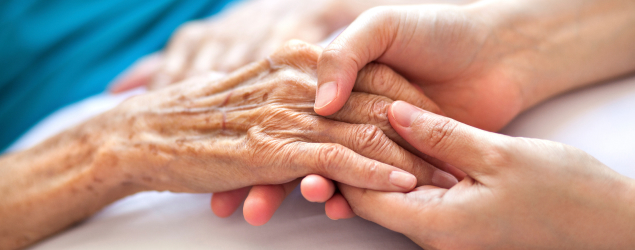1. The Service does not automatically collect any information, except for information contained in cookies.
2. Cookie files (so-called cookies) are IT data, in particular text files, which are stored on the Service User's end device and are intended for using the Service. Cookies usually contain the name of the website they come from, the storage time on the end device and a unique number.
3. The entity that places cookies on the Service User's end device and obtains access to them is the operator of the Service TZMO SA with its registered office at Żółkiewskiego 20/16 87-100 Toruń
4. Cookies are used for the following purposes:
a) adjusting the content of the Service to the User's preferences and optimizing the use of websites; in particular, these files allow to recognize the device of the Service User and properly display the website, adjusted to individual needs;
b) creating statistics that help to understand how Service Users use particular websites, which allows improving their structure and content;
5. The Service uses two basic types of cookies: session cookies and persistent cookies. Session cookies are temporary files that are stored on the User's end device until logging out, leaving the website or turning off the software (web browser). Persistent cookies are stored on the User's end device for the time specified in the cookie files parameters or until they are deleted by the User.
6. The following types of cookies are used as part of the Service:
| Name |
Type |
Domain |
Duration |
|
jstree_open
|
performance
|
medisorb.com
|
browser session
|
|
paneTree
|
performance
|
medisorb.com
|
browser session
|
|
jstree_load
|
performance
|
medisorb.com
|
browser session
|
|
jstree_select
|
performance
|
medisorb.com
|
browser session
|
|
cookiesShow
|
performance
|
medisorb.com
|
~12 months
|
|
_fbp
|
advertisement
|
.medisorb.com
|
~2.5 months
|
|
CONSENT
|
analytics |
.gstatic.com
|
to 2038-01-01
|
|
_ga
|
analytics |
.medisorb.com
|
~23 months
|
7. In many cases, the software used for browsing websites (web browser) allows cookies to be stored on the User's end device by default. Service users can change their cookie settings at any time. These settings can be changed in particular in such a way as to block the automatic handling of cookies in the web browser settings or to inform about their every posting on the Service User's device. Detailed information on the possibilities and methods of handling cookies is available in the software (web browser) settings.
8. The Service Operator informs that restricting the use of cookies may affect some of the functionalities available on the Service pages.
source: http://wszystkoociasteczkach.pl/
